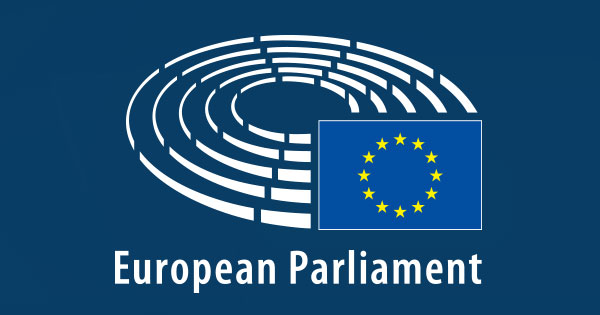On Wednesday, the Committee on the Internal Market and Consumer Protection adopted a draft report (by 38 votes in favour, none against and 1 abstention) warning against the addictive nature of certain digital services, such as online games, social networks, streaming services and online services. marketplaces, which exploit individuals’ vulnerabilities to capture their attention and monetize their data.
Mental health effects
Although social media can have a positive impact on society (e.g. by increasing efficiency, accessibility and connectivity), its addictive design can cause physical, psychological and material harm (loss of concentration and cognitive abilities , burnout, stress, depression, limited physical activity). MEPs are particularly concerned about the impact of digital addiction on children and adolescents, who are more vulnerable to these symptoms, and call for more research and regulation in this area.
New European rules are needed
MEPs believe that recent rules such as the Digital Services Act (DSA) and the Artificial Intelligence Act are insufficient to regulate the issue of addictive design. They urge the Commission to fill existing legal gaps and present new legislation on the subject. If this problem is not resolved, they say, Parliament should use its right of legislative initiative.
Furthermore, MEPs believe that harmful addictive techniques not covered by the Unfair Commercial Practices Directive (e.g. infinite scrolling, autoplay by default, constant push notifications and read receipts) should be investigated and banned by the Commission.
Ethics by design
MEPs want companies to be obliged to develop ethical and fair digital products and services “by design”, without dark schemes, misleading and addictive design. The Commission should promote a digital “right not to be disturbed” and create a list of good design practices such as: “think before you share”; disable notifications by default; chronological flows; grayscale mode; automatic warnings or locks after a predefined duration of use (especially for minors); summaries of total screen time. Educational guidelines and awareness campaigns should promote self-control strategies to help individuals develop safer online behaviors and healthy habits.
Quote
Rapporteur Kim Van Sparrentak (Greens/EFA, NL) said: “No amount of self-discipline can overcome the addictive conception to which we are all subjected today. Problematic smartphone use affects attention span and brain development from a young age. This is one of the challenges of our time. If we do not intervene now, it will have a huge impact on generations to come. We already have strict health and safety rules for food, alcohol and tobacco to protect our health. The EU must now tackle addictive design!
Next steps
The European Commission is currently conducting a assessment to see whether there is a need to update certain consumer protection legislation to ensure a high level of protection in the digital environment. The results are expected in 2024. Parliament’s own-initiative report, once adopted in plenary, will feed into the ongoing quality assessment.
Background
Addictive design features (e.g. endless scrolling, ripping to refresh, endless autoplay of videos, push notifications, temporarily available stories, likes, read receipts) play on people’s vulnerabilities and desires and entice them to do so. devote more time. platforms.
Problematic use of a smartphone or the Internet has been associated with lower life satisfaction and mental health symptoms such as depression, low self-esteembody image and eating disorders, anxiety, stress, neglect of family and friends, loss of self-controllack of sleep and obsessive-compulsive symptomswith children and young people being the most vulnerable. A few research also links problematic adolescent social media use to symptoms of attention deficit hyperactivity disorder (ADHD).
